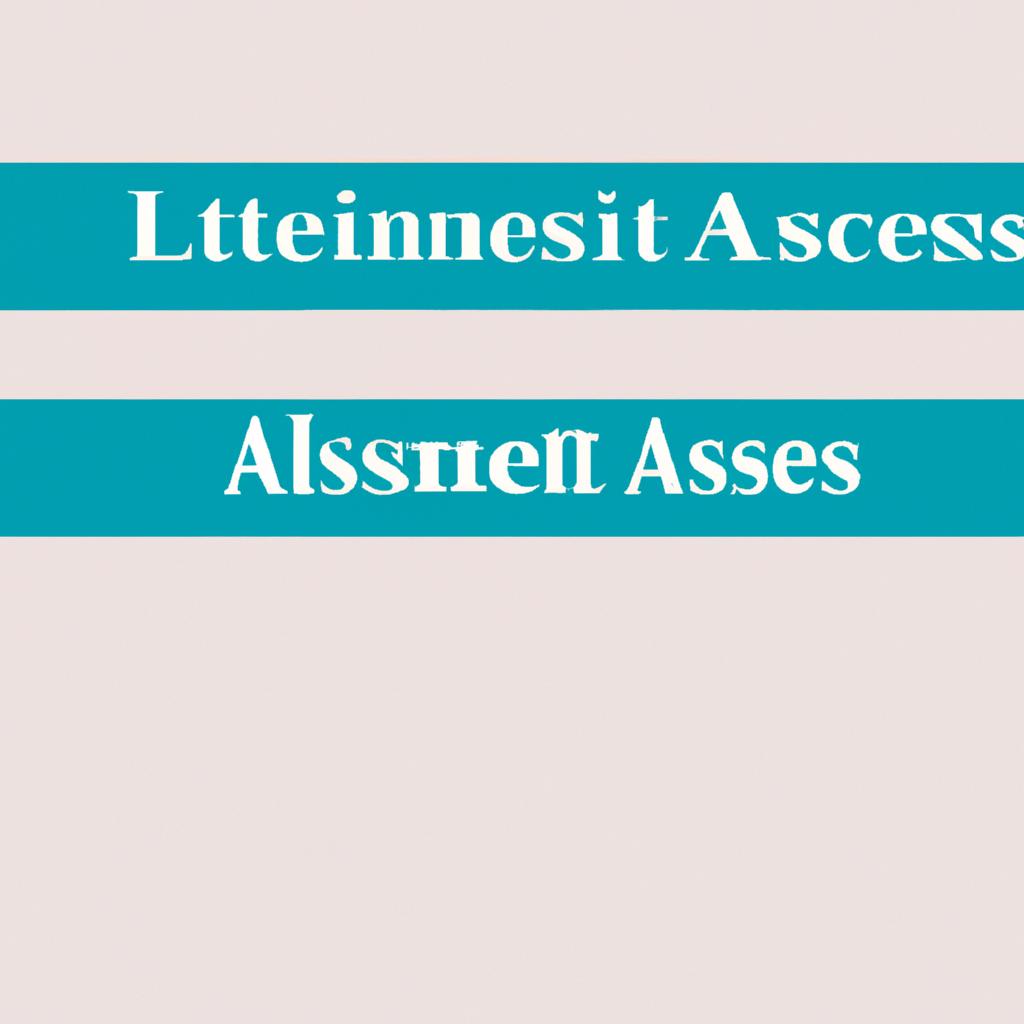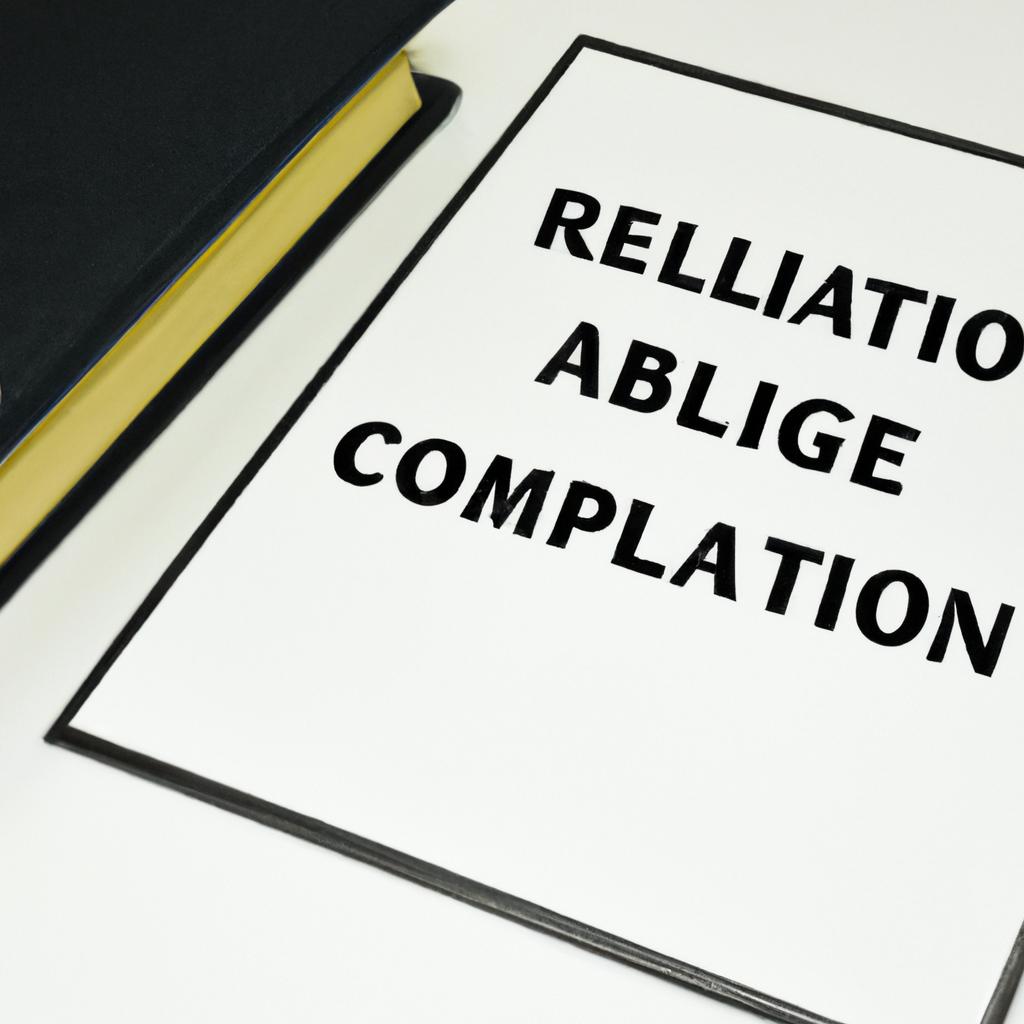In the intricate realm of estate planning and inheritance law, there exist certain assets and properties that are safeguarded from the traditional transfer of ownership upon a person’s demise. As experienced practitioners in the field of law, the team at Morgan Legal Group in New York City is well-versed in elucidating the nuances surrounding the types of estates that cannot be passed down through inheritance. In this comprehensive article, we will delve into the intricacies of assets that are exempt from the transfer of ownership upon death, shedding light on the limitations and exceptions within the realm of inheritance law.
Types of Property that Cannot be Inherited
In the realm of estate planning, it is crucial to understand that not all types of property can be passed down through inheritance. Certain assets fall under categories that are not subject to the typical probate process. One type of property that cannot be inherited is joint tenancy property. This form of property ownership entails assets owned jointly by two or more individuals, where the surviving owner automatically inherits the deceased owner’s share upon their passing.
Furthermore, assets held in a trust are not typically passed through inheritance. A trust is a legal entity that holds assets on behalf of a beneficiary, managed by a trustee. Upon the grantor’s death, the trust assets are distributed according to the terms outlined in the trust document, bypassing the probate process altogether. It is essential to consult with an experienced estate planning attorney, like Morgan Legal Group in New York City, to ensure that your assets are appropriately accounted for and distributed according to your wishes.
Understanding the Limitations on Passing Assets
Assets that Cannot be Passed by Inheritance:
- Assets held in a trust that is irrevocable and expressly states that they cannot be inherited by heirs
- Assets held in a retirement account with no designated beneficiary
- Assets that are co-owned with rights of survivorship, as they automatically pass to the surviving co-owner
- Assets with named beneficiaries such as life insurance policies or payable-on-death accounts
Exceptions to the Rule:
- Certain assets may be passed through a will even if they have designated beneficiaries, depending on the jurisdiction and specific circumstances
- Assets held in a revocable trust can be passed through inheritance if specified in the trust document

Navigating the Complexities of Estate Planning
When it comes to estate planning, it is important to understand that not all assets can be passed down through inheritance. While many assets can be distributed through a Will or trust, there are some assets that cannot be transferred to heirs in this manner. It is crucial to be aware of these limitations to ensure that your estate plan is comprehensive and legally sound.
Assets that cannot be passed by inheritance include:
- Jointly held property with a right of survivorship
- Proceeds from life insurance policies with named beneficiaries
- Retirement accounts with designated beneficiaries
- Assets held in a living trust
- Property held in a transfer-on-death account

Ensuring Compliance with Relevant Laws and Regulations
When it comes to estate planning, it is crucial to understand which assets can be passed down through inheritance and which cannot. Certain types of property and possessions are considered non-inheritable, meaning they cannot be passed on to beneficiaries through a will or trust. It is important for individuals to be aware of these restrictions to ensure compliance with relevant laws and regulations.
Some examples of assets that cannot be passed by inheritance include:
- Joint Tenancy Property: Property that is held jointly with right of survivorship typically passes directly to the surviving joint tenant and cannot be included in a will.
- Retirement Accounts: Certain retirement accounts, such as IRAs and 401(k)s, have designated beneficiaries and are not subject to probate.
- Life Insurance Policies: Life insurance proceeds are paid directly to the named beneficiaries and do not pass through the probate process.
Q&A
Q: What estate cannot be passed by inheritance?
A: There are certain types of estates that cannot be passed down through inheritance, such as joint tenancy with right of survivorship, life estates, and estates in trust. These types of estates typically have specific rules and limitations regarding how ownership can be transferred after the owner’s passing.
Final Thoughts
In conclusion, understanding the limitations of inheritance is essential when planning for the future of your estate. While many assets can be passed down to loved ones, there are certain properties that cannot be inherited. By familiarizing yourself with what estate cannot be passed by inheritance, you can ensure that your wishes are carried out in a way that aligns with legal requirements. Remember, seeking advice from a professional estate planner can help navigate through these complexities and ensure a smooth transfer of your assets to the next generation. Thank you for reading!







